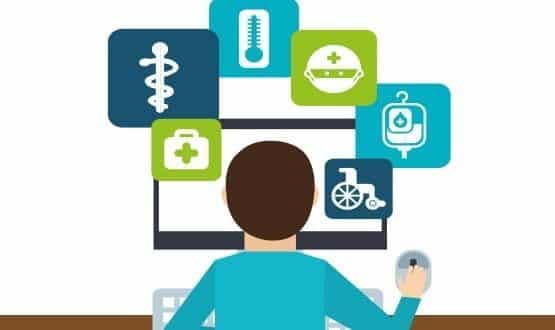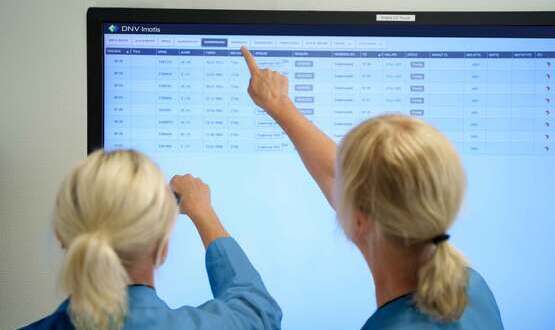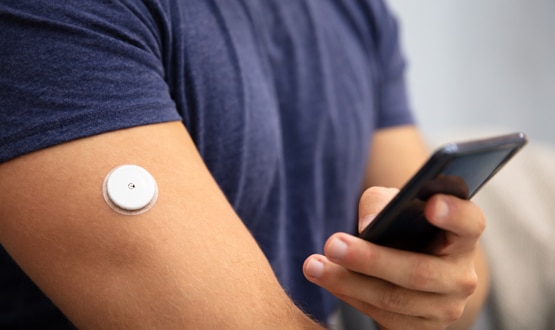Digital patient services offer ‘bright hope’ – Nuffield

Politicians and policy makers should not assume that digital patient technologies will produce big savings, particularly in the short-term, the Nuffield Trust has warned.
In a review of technologies including wearables, symptom checkers, remote consultations, access to records, and apps, the think-tank says “technologies that patients can use offer some of the brightest hopes on the NHS horizon.”
However, its lead author, Sophie Castle-Clarke, added: “There is still a lot we don’t know. Without regulation, and a careful look at the evidence – not all of which is compelling – these digital tools could compromise the quality of care and disrupt the way care is provided.”
Politicians have shown great enthusiasm for digital patient tech since New Labour launched the first NHS website to coincide with the 50th anniversary of the service in 1998. It went on to create the NHS Direct service (now NHS Choices, morphing into NHS.uk).
The last Prime Minister, David Cameron, and the current health secretary, Jeremy Hunt, placed an emphasis on giving patients online access to their records, transactional services such as online booking and prescription filling, and remote consultations, including via Skype.
The ‘Five Year Forward View’ plan to close an NHS funding gap that could otherwise reach £30 billion by 2020-21 also emphasises the potential of these technologies to improve NHS efficiency, including wearables for remote monitoring, self-care and prevention.
The sustainability and transformation plans that are being developed to deliver the Forward View locally have also built digital patient initiatives into their gap-closing plans.
However, the Nuffield Trust notes: “At the moment, we are lacking robust evidence about the impact that many technologies will have, an in what context.
“In particular, the potential impact on health outcomes, and to a less extent demand, remains somewhat unclear from a range of technologies.”
The think-tank says research effort should be put into particularly promising areas, such as self-triage, online access to records, and remote consultations.
But it argues further actions will need to be taken. These include acting on the recommendations of the government’s Accelerated Access Review, which called for a competitive market in digital products and a generic framework for ‘prescribing’ apps to patients.
They also include considering a further effort on regulation, contractual incentives and training to “secure professional buy-in” and more support for patients, particularly those that struggle with digital literacy.
“All of this requires resources,” the report says. “It is a mistake to think that use of patient-facing technology… will be an easy or free option. It will require funding and support at all levels of the system, at least in the short term.
“This agenda also needs to be considered in the light of an entire health system. The potential for change comes from patients using digital tools on every stop of their health journey… rather than on focusing on particular sectors or services.”
It suggests that STPs could provide a vehicle for this kind of thinking. But adds: “As uptake and awareness increases, it will be important to have local and national evaluations, which help to highlight best practice and avoid common pitfalls.”




